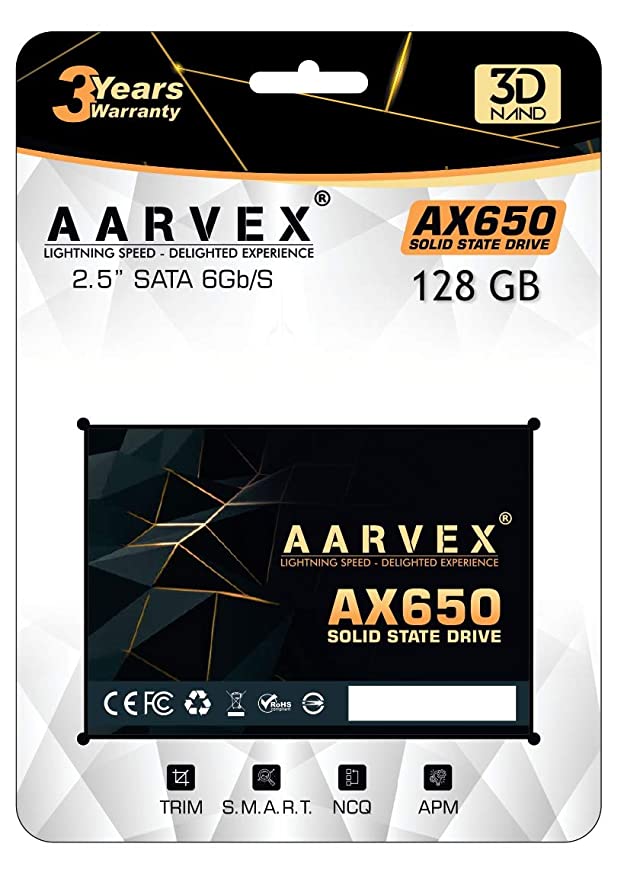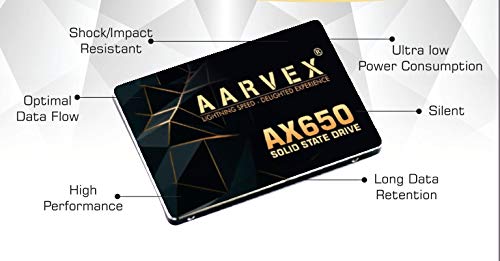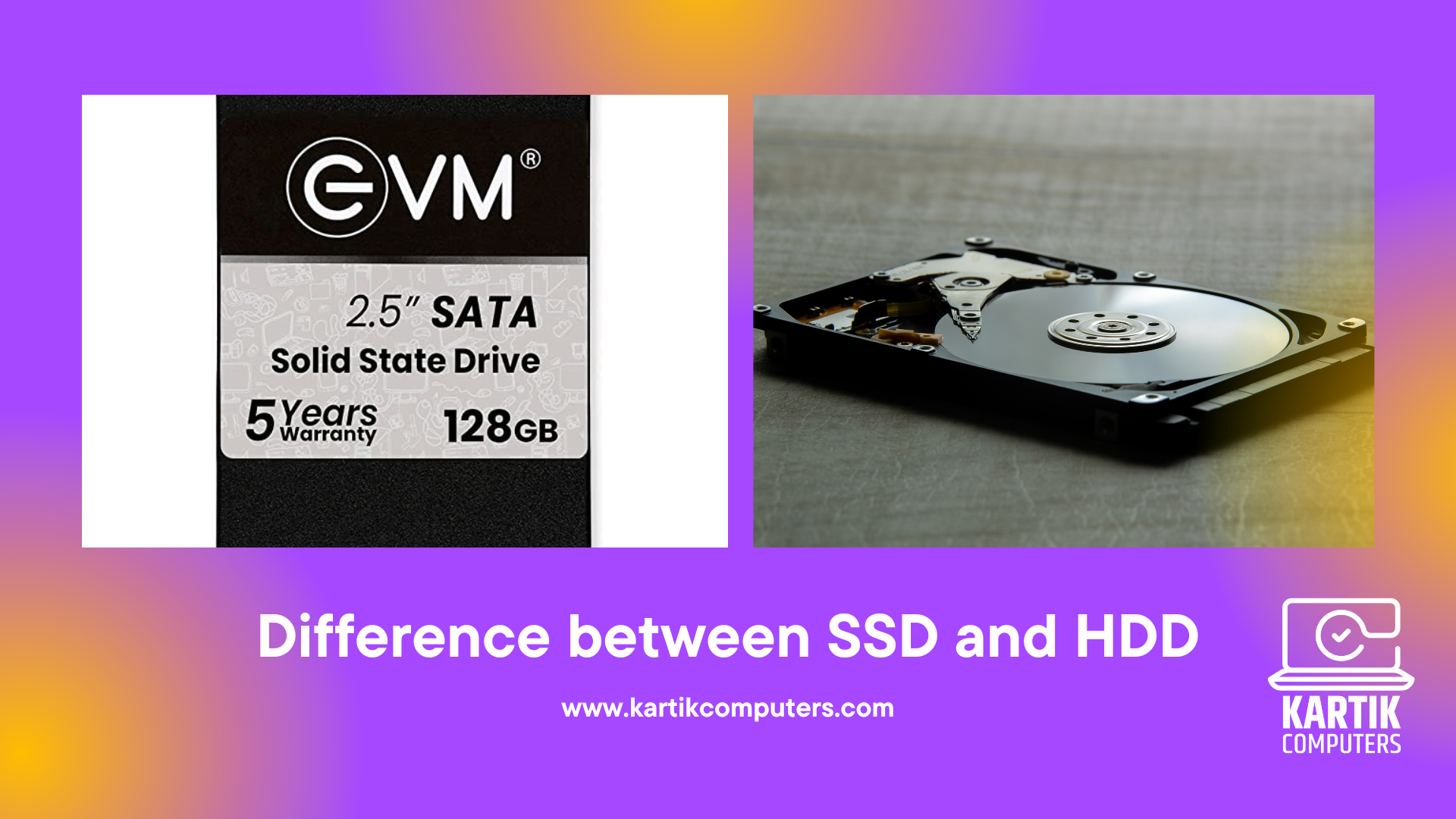Difference between SSD and HDD
HDD (Hard Disk Drive) and SSD (Solid State Drive) are two types of storage devices used in computers and other electronic devices. Here are some of the differences between the two

- Technology: HDDs use spinning magnetic disks to read and write data, while SSDs use flash memory technology.
- Speed: SSDs are generally faster than HDDs because they have no moving parts and can access data much more quickly. This makes them ideal for tasks that require fast data access, such as booting up a computer or opening large files.
- Capacity: HDDs are typically available in larger capacities than SSDs, especially at lower price points. However, this gap is narrowing as the cost of flash memory continues to drop.
- Durability: SSDs are more durable than HDDs because they have no moving parts that can break or wear out. This makes them ideal for use in laptops and other portable devices.
- Price: SSDs are generally more expensive than HDDs, although the cost has come down significantly in recent years. However, for large-capacity storage needs, HDDs are still a more cost-effective option.

Overall, the choice between an HDD and an SSD depends on your specific needs and budget. If you require fast data access and can afford a higher price point, an SSD is the better choice. If you need a large amount of storage at a lower price point, an HDD may be a better fit.

